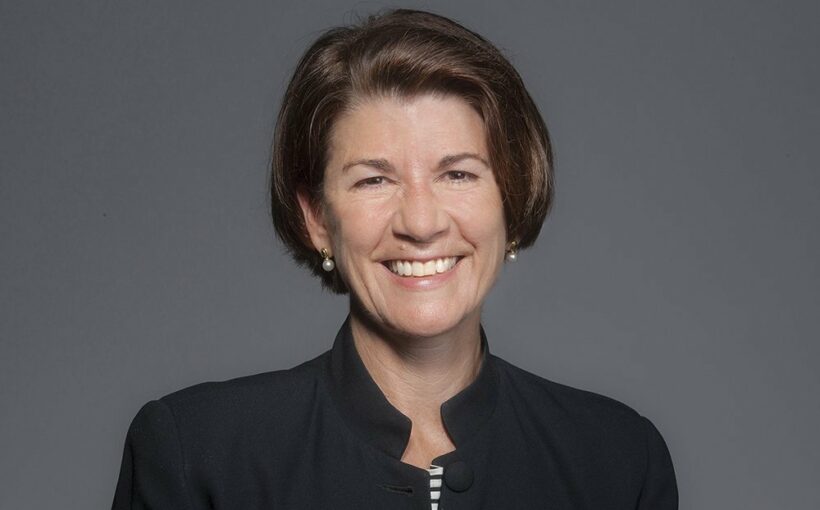Dear Amy: I am a physician and live far away from my family.
My niece has a 3-year-old daughter.
Between distance and COVID, I have seen my grandniece only rarely.
About six months ago, while I was visiting, my family united at my sister’s house. Our cousin is a speech pathologist and is familiar with signs of autism.
She recognized specific signs in my grandniece, but she refused to share that with my niece because of a lack of intimacy between them.
My family debated whether we should bring this up with my niece, and ultimately her mother (my sister, “Annie”), told her about our concerns.
It did not go well: it was viewed as an invasion of privacy and as ill-intentioned negativity.
Since then, we understand the child is in speech therapy (with a very young therapist who we fear may not have enough experience to recognize the broader issues).
Otherwise, we are not aware that there is any effort being made to address the issue, and both parents contribute to the denial and wall of privacy.
In family gatherings, when my grandniece doesn’t engage, it is brushed off as “She likes to be in her own world” or “she wasn’t interested in what you were doing.”
Since I am a physician (but not with relevant experience), I struggle with whether I should discuss this with my niece and her husband, and if so, how to approach them.
We are all concerned that the window of opportunity to intervene in a meaningful way in the child’s development may be closing.
— Concerned Uncle
Dear Concerned: Your family’s concern — and your sister’s choice to convey it to her daughter — has not backfired. The parents may have reacted poorly and defensively, but the child is seeing a speech therapist and that is a positive first step.
However, you family members should not put these parents in a defensive crouch by judging their child’s behavior and diagnosing her during brief holiday visits.
As a physician and the child’s great-uncle, you are in an ideal position to continue to express interest in this young girl’s development.
You can do this through gentle and supportive questions posed to the parents. You start by noting positive aspects: “Look at how well she’s growing. Six months makes such a big difference!”
Then you can consider taking it further: “My sister said she’s seeing a speech therapist. What’s that like? How do you think it’s going?” You might then add, “Have you ever run this past cousin Rachel? You know that she is a speech pathologist. She might be helpful if you have questions.”
You can also say, “We doctors don’t always communicate so well; is your pediatrician good at answering your questions?”
If you present yourself as a supportive, interested and objective family member, these parents might lighten up and utilize you as a sounding board and resource.
Dear Amy: My husband has been involved with a former college classmate (female) who he reconnected with at a reunion a couple of years ago.
They are in touch every weekend, sometimes texting back and forth for hours.
When I have expressed alarm about this, he offers to show me their text exchanges, but I don’t want to start a fight.
Then he accuses me of not trusting him.
Can you help me find a way out?
— Upset
Dear Upset: Spontaneously take your husband up on his offer to view his text exchanges.
Also, because you don’t seem to trust him, his accusation is correct.
You should be brave enough to risk discovering whatever answers emerge from discussing this with your husband.
Dear Amy: Responding to the letter from “Totally Confused Mom,” whose adult daughters have turned on her, people today in their 20s and 30s all seem to have mental stress, trauma, anxiety, other issues with fancy names — and, of course, the source of their problems is always their parents!
Well blame has to be assigned somewhere and who better than the people who gave them all they could and would do anything for them?
How about we look at the other possible source for all the problems: too much screen time, less human interaction, almost no physical work except the fancy expensive gyms, more time to invent various problems and then, of course, blame parents.
Parents are not wrong all the time.
How about we sometimes ask the young people in their 20s and 30s to grow up and act like adults, and stop blaming others?
Now I dare you to blame the parents!
— Very Frustrated
Dear Frustrated: Who raised all of these tender softies?
(You can email Amy Dickinson at [email protected] or send a letter to Ask Amy, P.O. Box 194, Freeville, NY 13068. You can also follow her on Twitter @askingamy or Facebook.)
Subscribe to our weekly newsletter, In The Know, to get entertainment news sent straight to your inbox.
Source: Read Full Article
